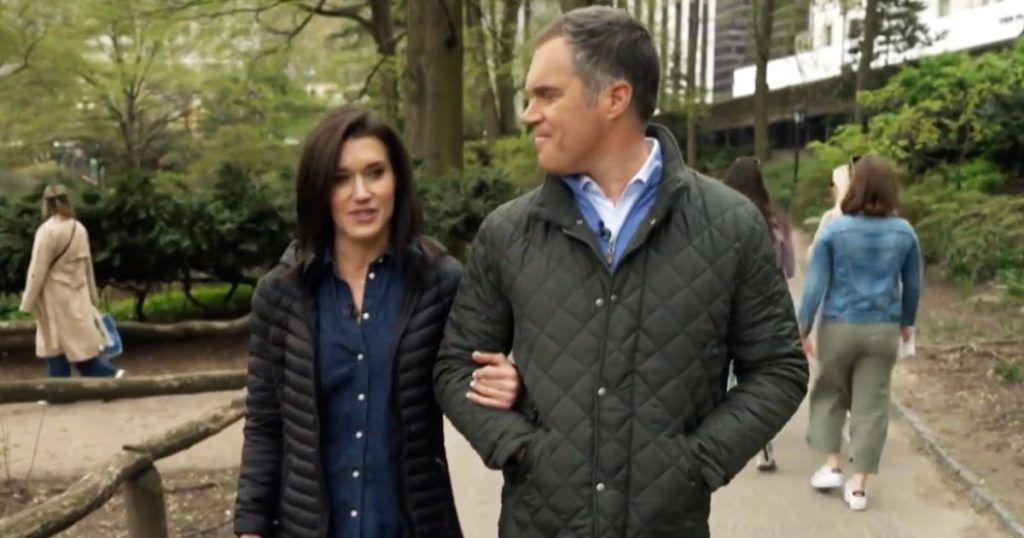Rebecca Alexander, a psychotherapist in New York City, was diagnosed with Usher syndrome while in college, a genetic condition causing vision and hearing loss. Thanks to the influence of her mother and Joan E. Smith, the head of deaf and hard of hearing students, Alexander became a disability advocate. She was featured in the Usher Syndrome Society “Every Second Counts” campaign to raise awareness and funding. Vision troubles and gradual hearing loss led to her diagnosis, which was challenging for her to comprehend at first. However, she eventually embraced it and learned sign language as a coping strategy.
Usher syndrome is a rare genetic disorder affecting both the ears and eyes. It is subcategorized into three types, with Type 3 being the mildest form. Children inherit Usher syndrome, and it is considered recessive, requiring both parents to carry the genetic mutation. The symptoms include hearing loss and retinitis pigmentosa, leading to progressive vision loss. Diagnosis often occurs when hearing loss is noticed, and there are currently no treatments or cure for the condition. Research is being conducted on gene therapy and other methods to potentially restore function in patients with Usher syndrome.
After her accident at 18, where she sustained multiple broken bones, Rebecca Alexander adopted a mindset focusing on moving forward rather than dwelling on the challenges. This mindset continues to help her navigate life with Usher syndrome. She emphasizes the importance of staying physically active and has achieved remarkable feats such as climbing Mount Kilimanjaro and swimming to Alcatraz. Alexander views these accomplishments as going through her condition rather than overcoming it. She believes in living with and adapting to her fears and challenges, rather than overcoming them entirely.
Alexander has learned various communication methods, including sign language, braille, and protactile, a language based on physical contact for deafblind individuals. Alongside her work as a psychotherapist, she has taught spin classes and authored a memoir titled “Not Fade Away: A Memoir of Senses Lost and Found.” Participating in the “Every Second Counts” campaign was meaningful for Alexander as it allowed her to raise awareness for Usher syndrome and become a role model for others. She finds it empowering to be able to share her story and experiences with others, hoping to inspire and support those facing similar challenges.
Throughout her journey with Usher syndrome, Rebecca Alexander has focused on what she can do rather than what she cannot. She continues to adapt and learn new skills to enhance her communication and navigate her condition. By embracing her diagnosis and sharing her experiences, she aims to provide support and insight to others facing similar challenges. Alexander’s advocacy work and participation in awareness campaigns like “Every Second Counts” are driven by her desire to educate others about Usher syndrome and promote a message of resilience and empowerment.


